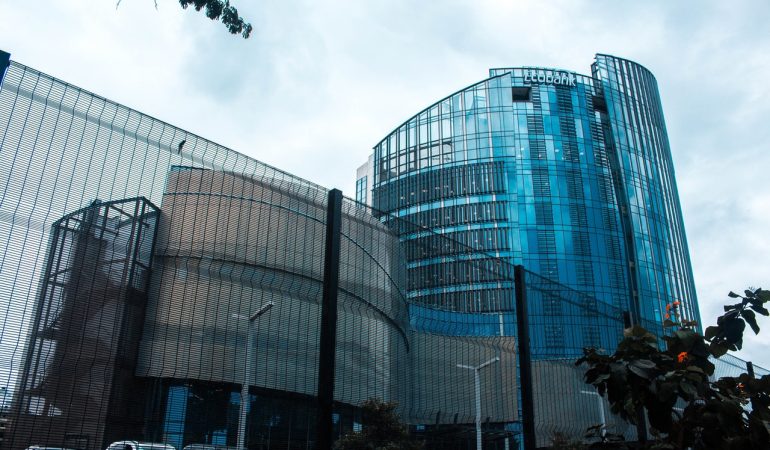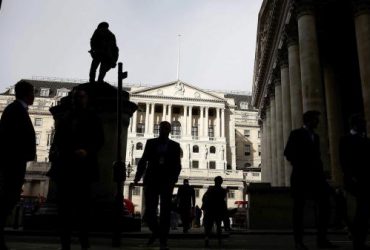The Major Bases of Bank Operations
A bank is an institution that makes a demand deposit with the public and accepts accounts receivable from customers while making loans. The bank can directly perform lending activities or indirectly via capital markets. Banks lend money both for the purpose of raising funds for its own financial purposes and for the purpose of making loans to its customers. Most banks follow the direct lending method wherein they lend funds to their customers who usually repay the borrowed amount within a short period of time. The repayment of demand deposits is done through checks that are generated at the bank.
Loan Market: This refers to the section in the financial system in which banks deal directly with their customers who make loans to banks. In order to receive loans from customers, banks buy loans from borrowers. Commercial banks deal in a wide variety of commercial finance activities such as: retail financial institutions; commercial mortgage banking; corporate financing; commercial real estate financing; government fiscal policy; and complex derivatives. In addition, some banks tend to deal exclusively in certain products such as: residential mortgage loans, commercial real estate financing, corporate financing, private lending and the wholesale mtg (mortgage) market.
Retail banking: Retail banking simplifies financial transactions by providing loans and advances directly to individual customers. These services are typically accessible through retail banking branches, where customers can easily access their funds. To further enhance accessibility, retail banks employ digital channels like ATMs, online banking, and mobile banking. These technological solutions facilitate convenient banking operations and secure payment methods. It’s worth noting that stringent security measures, including systems for hybrid cloud network security, are in place to safeguard financial data, ensuring a safe and reliable banking experience for customers.
Global financial crisis: The global financial crisis, also termed as the global economic crisis, is considered as the largest disaster to hit the world economy in the past two decades. It has had a significant impact on the US economy. The reasons for this include the excessive credit provided by credit card companies to their customers, the excessive use of bank overdraft facilities by customers, excessive reliance on highly rated debt instruments, and failure to maintain the transparency of the credit industry. The result has been that a large number of banks have gone into severe losses. Many international financial institutions have already folded and many more are expected to follow suit in the near future. Furthermore, the crisis typically has a significant impact on unemployment in the majority of the world, resulting in a doubling of unemployment rates in some countries and a tangible decrease in the number of jobs available. Aside from that, various reports state that during times of economic stress, the incidence of robbery can double, while homicide and motor vehicle theft also rise. As a result, banks at the time opt for a variety of security services, such as hiring security guards (like these Texas security guards), installing new security cameras and alarms, and so on.
Development Banks: A development bank is an international financial institution that provides loans and advances to support development activities. These are largely independent of any political considerations. The projects may be social, educational, scientific, military, or even economic in nature. The development banks in the US receive funds from multilateral organizations. In the developed countries such as the US, these loans are channeled through the multilateral credit unions.
Policy Banks: A policy bank acts on behalf of the general public through its official agents. Policy banks in the US receive deposits from members of the general public, use the funds to finance public projects, and then return the interest earned on these projects to depositors. Policy banks are generally considered to be independent entities. However, some banks with substantial foreign investments have incorporated to become policy banks. The depositors in these banks may also be subject to policy risk.




